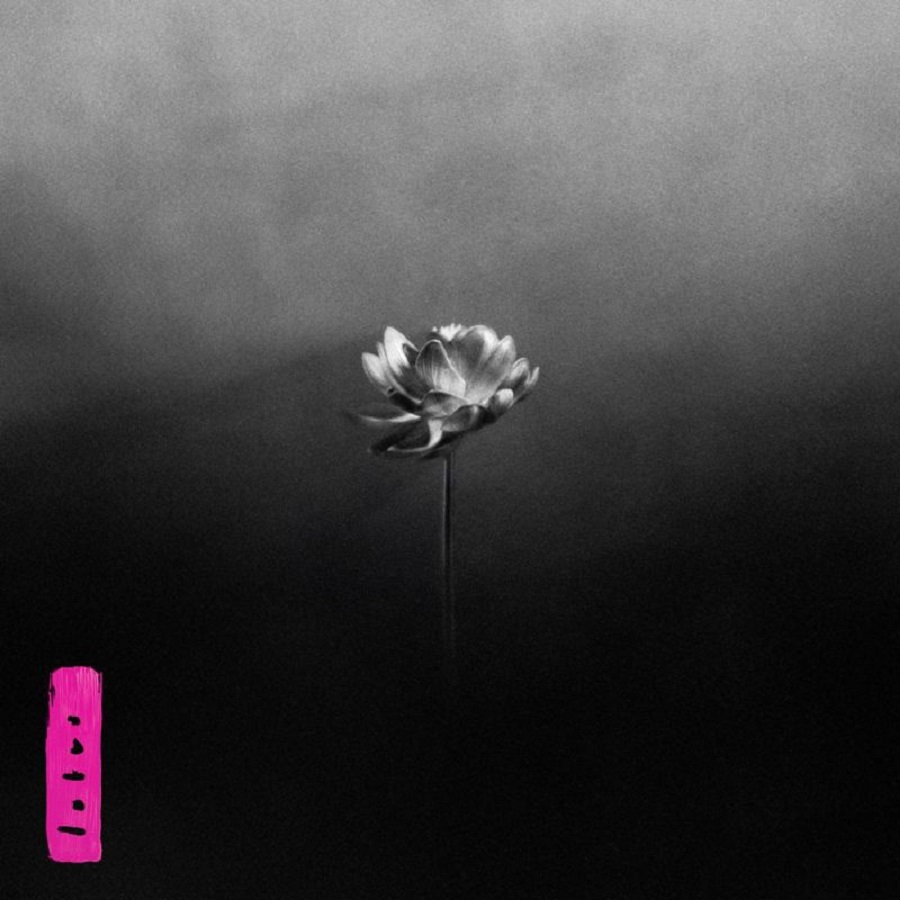Little Simz – Lotus
After the overwhelming success of “Grey Area” (2019), “Sometimes I Might Be Introvert” (2021), and “No Thank You” (2022), it seemed almost impossible for Little Simz to raise the bar any higher. Yet with Lotus, the 31-year-old London rapper once again proves why she is considered one of the most innovative and vital voices in contemporary hip-hop. This sixth studio album is not only an artistic triumph but also a powerful statement on resilience, feminine strength, and the boundless possibilities of music.
The title Lotus is no coincidence. Just like the lotus flower that blossoms in murky waters, Little Simz created this album during a period of personal turmoil. The legal battle with her former producer, Inflo, who allegedly owes her £1.7 million, forms the dark backdrop from which this beautiful music emerged. But where one might expect bitterness, we find transformation and strength. The album opens with “Thief”, a relentless attack on betrayal and disappointment, but what follows is a journey of self-discovery and artistic renewal. Simz has proven that trauma can be transmuted into pure creative energy.
Lotus is a kaleidoscope of genres that flow seamlessly into one another. Little Simz showcases her unique ability to blend hip-hop with afrobeat, jazz, soul, and even post-punk elements. The result is an album that’s both experimental and accessible, intellectually challenging, yet emotionally raw. “Lion” is perhaps the album’s standout track, a vibrant tribute to Fela Kuti’s afrobeat legacy featuring Nigerian-British singer Obongjayar. This track perfectly embodies what makes Lotus so special: the fusion of African roots with modern British hip-hop. The production is rich and layered, with saxophones dancing around Simz’s razor-sharp wordplay. When she raps, ‘Young Lauryn Hill, that’s what they’re calling me,’ it doesn’t feel like bravado, it feels earned.
“Enough” brings us back into “Grey Area” territory, but with a groove that’s nothing short of irresistible. ‘You didn’t know I is that girl / I am an electric black girl,’ Simz raps with an utterly contagious confidence. This is feminism at its most potent, not loud, but unwavering in self-assurance.
The guest appearances on Lotus are meticulously chosen, elevating the material even further. “Peace” with Moses Sumney and Miraa May is a serene intermezzo that allows space for introspection between the more bombastic tracks. It’s a testament to Simz’s emotional intelligence as a curator, she knows exactly when to push forward and when to pull back. Michael Kiwanuka and Yussef Dayes appear on the title track “Lotus”, where jazz and soul blend into a hypnotic whole. Dayes’s drumming is particularly impressive, while Kiwanuka’s vocal contribution gives the track a dreamy quality that contrasts beautifully with Simz’s direct rap style. “Flood” is another highlight, a commanding track that’s impossible to ignore. With Obongjayar and Moonchild Sanelly, Simz crafts a sound that feels both futuristic and deeply rooted in African traditions.
Lotus is more than music, it’s a feminist manifesto. But Little Simz doesn’t preach, she demonstrates. Her strength lies in her vulnerability, her power in her authenticity. Tracks like “Lonely” reveal an artist grappling with doubt, ‘ Maybe music just isn’t meant for me anymore,’ yet ultimately emerging stronger. The way she weaves her Nigerian heritage throughout the album, without it ever feeling forced, exemplifies a new generation of British artists proudly embracing their multicultural identities. Like Pa Salieu, the drill rapper with Gambian roots poised to be London’s next breakout star, Simz brings Africa to the world in a singular way, showing that diversity is the greatest strength of the contemporary UK music scene.
Producer Miles James Clinton deserves all the credit for helping bring Simz’s vision to life. After parting ways with Inflo, Simz needed a new creative partner, and Clinton proved to be the perfect match. The production is lush but never overwhelming, experimental yet accessible. The use of live instrumentation, particularly the jazz elements, gives the album an organic warmth often lacking in modern hip-hop. Every track has its own sonic identity, but together they form a cohesive whole that captivates from start to finish. Lotus demonstrates that the future of hip-hop lies in transcending boundaries, geographical, cultural, and musical. Little Simz shows that you can honour your roots while simultaneously embracing the future. This is music that works just as well in a club as it does in a concert hall, intellectually stimulating and emotionally resonant.
With Lotus, Little Simz has delivered a masterpiece that only cements her status as one of the most important artists of her generation. This is an album that pulls out all the stops, from politically conscious lyrics to innovative production, from powerful collaborations to personal vulnerability. In an age where much music feels disposable, Simz has created something timeless. Lotus is not just a contender for the best album of 2025, it’s proof that hip-hop still has the power to push boundaries and inspire. Little Simz doesn’t differentiate between genres; if it moves you on a cellular level, it’s valid. With Lotus, she moves not just the listener, but the entire music industry. This is how you make a statement without raising your voice. This is how you make a lotus bloom. (9/10) (Forever Living Originals/AWAL)





